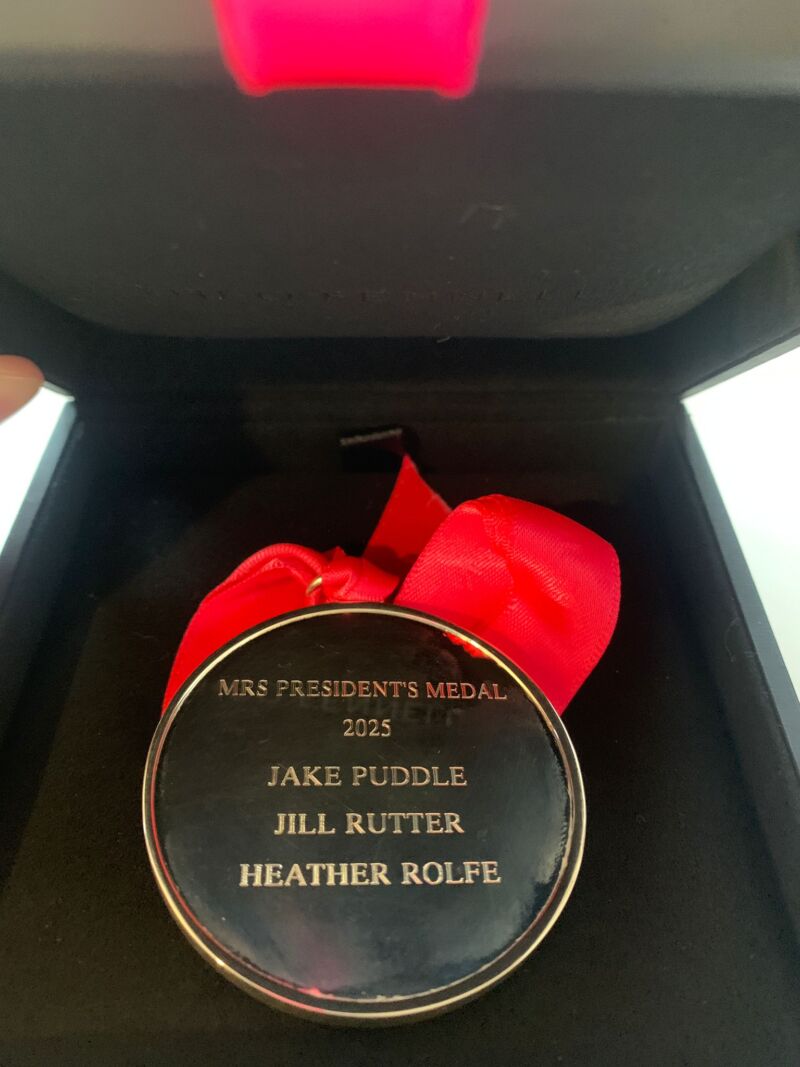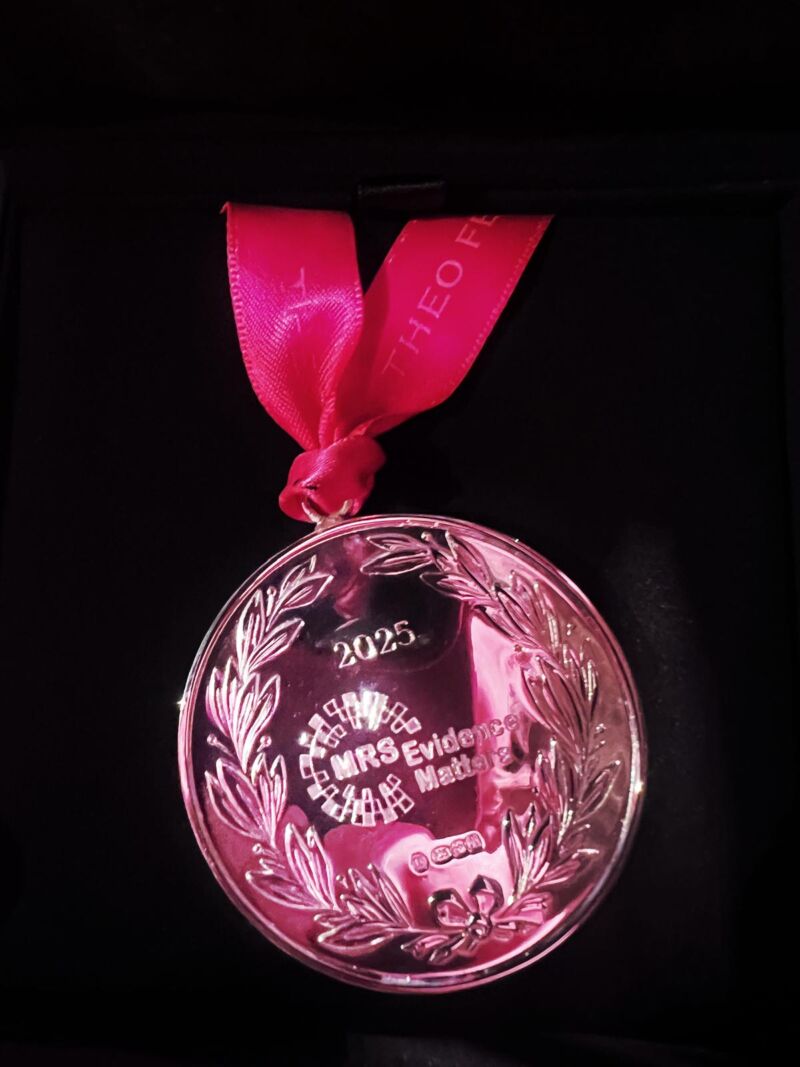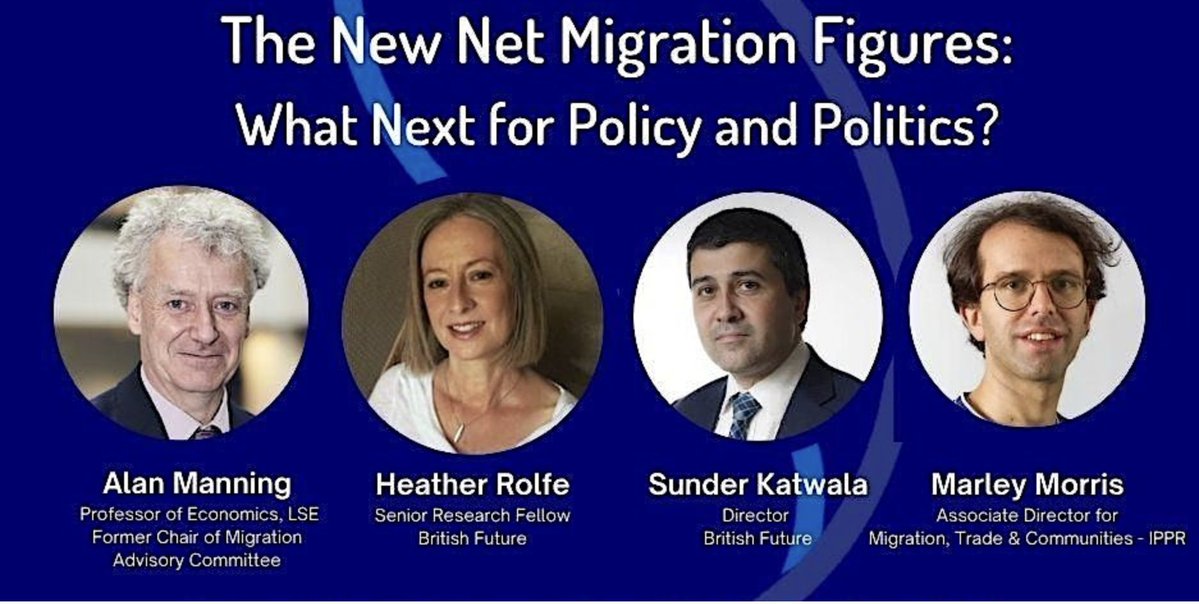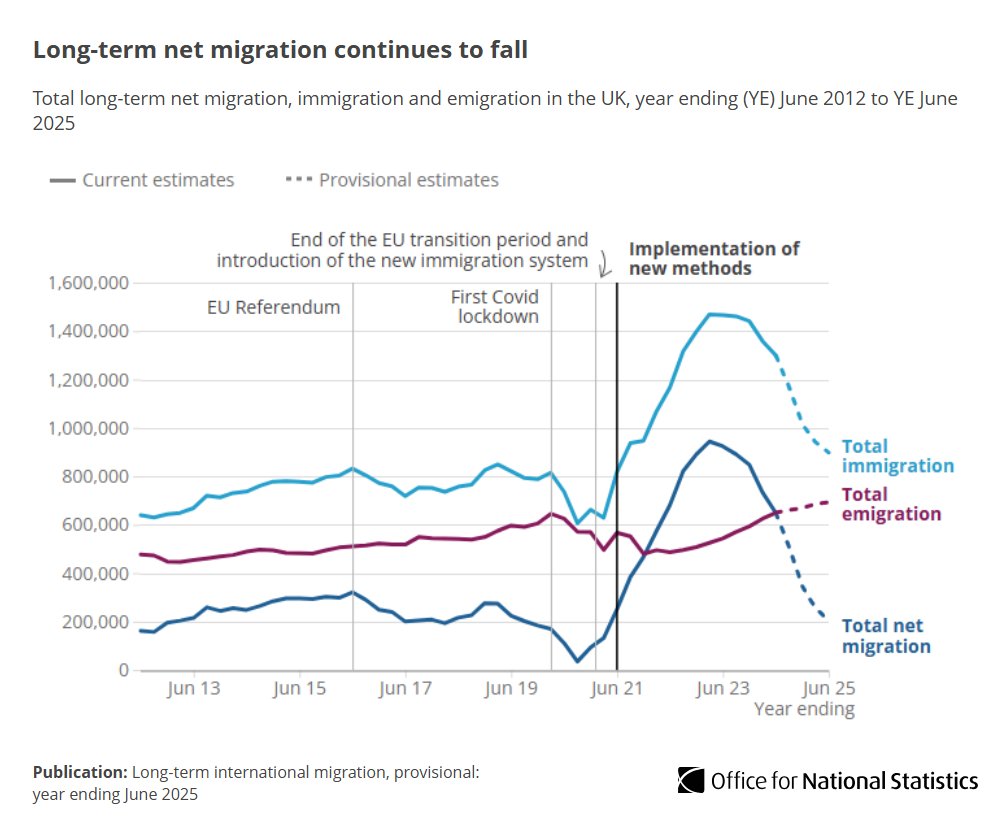Performed as part of the school end-of-year show ‘Eden’s Got Talent’, ‘The Migration Diaries’ featured a talented cast of year 8 students, each depicting a close relative recollecting aspects of their migration journey to England, in the format of a TV interview.
Students recorded and transcribed an interview with a relative before contributing to an exhibition or the on-stage performance – ultimately it was most important that ‘everyone was seen in some sort of way’.
For their drama teacher, Tata Dimitratou, ‘the journey rather than the end product mattered more’ for this project, but also pride.
‘It was a bit about being proud for me. It was about honouring their relative and to be proud of who they are’.

The exhibition, pictured above, featured snippets of these interviews combined with images linked to students’ family migration stories, such as personal family photographs or images of things that reminded them of their respective homelands – Pakistan, Ghana, Mauritius and beyond.
For the play, the charismatic cast committed to their roles brilliantly – fake beards and wigs were donned, accents masterfully put on, and the mannerisms of their older relatives weaved into each performance. Whilst some parts of the performance got a chuckle from the audience, the feelings of apprehension, homesickness, isolation, bravery, hope and resilience experienced when their relatives first arrived in England shone through in each story.

In a post-show interview with Kiara and Afifah (who played their respective grandmas), and Ameerah and Habiba (who played their respective grandpas), all pictured above, the students discussed the project and the importance of collecting and sharing stories such as these.
———————-
What was it like to interview your relatives and hear these stories for the first time?
Afifah: I had kind of heard it before but not completely – it was just interesting to know how it happened because without that, I wouldn’t be here either.
Habiba: I’d never heard this story before, and my grandad loves telling stories. So, he took it really, really seriously and I didn’t really know anything about it.
Ameerah: In year five we did a biography activity so some of my information was from there, but then I did have to get some information [by] asking him [her grandpa] – but he just he likes telling jokes a lot, so I implemented those as well.
Kiara: I didn’t know the story at all but when she [her grandma] was telling me I got to know about how she felt. My mum also says how she felt when she was born here but got taken back [to Ghana], so it was interesting to see the contrast of how they both felt when they were coming [to England].
Why do you think it’s important that we keep collecting and telling these stories?
Kiara: I think to pass it on to future generations, so they also know. It’s good that we’re explaining it to other people because now they’re getting to know about it, and they can research more into it themselves.
Ameerah: It’s important because kids nowadays, they’re just taking everything for granted. Most of us don’t know how we actually got all of these things and it’s all grandparents and parents that came from another country [who] went through those hardships to make us have the life that we have now. It’s important for us to recognize that and not dismiss the difficulties because some of them came as refugees and asylum seekers.
Habiba: It’s very important because the reason we live here is because of our grandparents. We need to understand the difficulties.
Afifah: If we don’t know their stories and they’re the reason that we’re here like how is that paying them back, right? We should at least know how they came and kind of experience how they felt.
If there was one thing that you think everyone in British society should know about immigration or migration or identity, what would that one thing be?
Afifah: People have different stories so don’t assume they’re all the same.
Habiba: Other people think ‘oh they’re just stealing our jobs or whatever’ – that’s not actually the true reason, sometimes it could be for war or, for example in the Windrush generation, they were invited.
Ameerah: I think it’s important to remember that they have their own difficulties, so you shouldn’t judge them as soon as you see them.
Kiara: It wasn’t easy for them to come to here. It took a lot mentally to have to leave everything they know behind to come to a new place and find everything fresh.
———————-
These reflections show just how impactful this project was for the Eden Girls’ students. They also underline the importance of sharing these stories intergenerationally and how projects such as these can help foster a sense of understanding and identity.
In the words of their teacher, Tata Dimitratou:
“Knowing your story, I mean it’s all we’ve got. Our stories or history is all we’ve got so if you don’t have that, you have nothing”
Written by Saffron Powell












